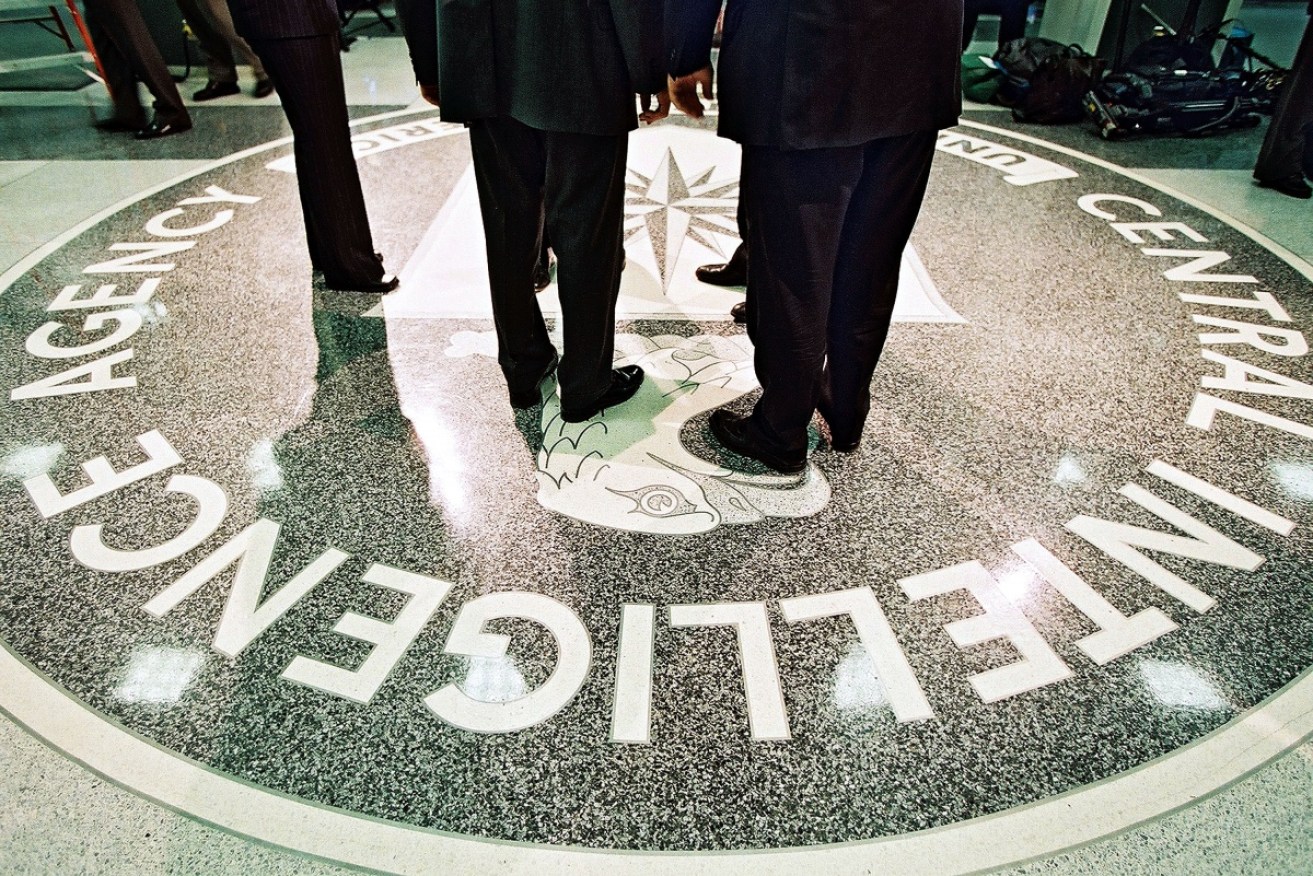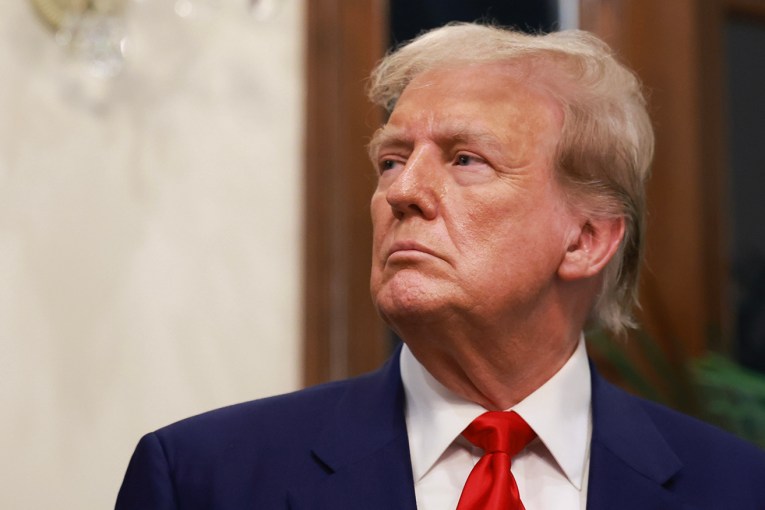WikiLeaks exposes the CIA’s secret hacking tools


WikiLeaks releases its largest ever CIA leak. Photo: Getty
The Central Intelligence Agency (CIA) knew about flaws in software made by Apple, Google and Samsung and others, but did not tell the companies about them because it wanted to use them for spying, anti-secrecy group WikiLeaks says.
WikiLeaks has released 8761 documents dating from 2013 to 2016 from an “isolated, high-security network” in the CIA’s suburban Washington headquarters which detail how it can take control of mobile phones, computer operating systems and even smart televisions to spy on targets.
WikiLeaks claimed the secret files were its “largest ever” publication of confidential CIA material which exposes hacking tools the US government employs to tap into private computers, mobile phones and smart TVs.
The documents have revealed the scope of the Centre for Cyber Intelligence’s cyber-espionage toolkit, including its capability to use private devices such as Apple’s iPhone, Google’s Android, Microsoft’s Windows and Samsung TVs as covert microphones.
The WikiLeaks report stated that the whistleblower had called for “urgent” public debate about whether the CIA’s hacking capabilities exceed its mandated powers and the problem of public oversight of the agency.
“The source wishes to initiate a public debate about the security, creation, use, proliferation and democratic control of cyberweapons,” the report stated.
“Once a single cyber ‘weapon’ is ‘loose’ it can spread around the world in seconds, to be used by rival states, cyber mafia and teenage hackers alike.”
WikiLeaks founder Julian Assange said in a statement that there was an “extreme proliferation risk in the development of cyber weapons”.
“Comparisons can be drawn between the uncontrolled proliferation of such ‘weapons’, which results from the inability to contain them combined with their high market value, and the global arms trade,” Mr Assange said.
“But the significance of Year Zero goes well beyond the choice between cyberwar and cyberpeace. The disclosure is also exceptional from a political, legal and forensic perspective.”
RELEASE: Vault 7 Part 1 "Year Zero": Inside the CIA's global hacking force https://t.co/h5wzfrReyy pic.twitter.com/N2lxyHH9jp
— WikiLeaks (@wikileaks) March 7, 2017
The increasing sophistication of surveillance techniques has been known to draw chilling parallels to George Orwell’s novel 1984, and WikiLeaks has argued ‘Weeping Angel’, developed by the CIA’s Embedded Devices Branch, which can infest smart TVs and transform them into covert microphones, is “surely its most emblematic realisation”.
“After infestation, Weeping Angel places the target TV in a ‘Fake-Off’ mode, so that the owner falsely believes the TV is off when it is on,” the report stated.
“In ‘Fake-Off’ mode the TV operates as a bug, recording conversations in the room and sending them over the Internet to a covert CIA server.
“Infected phones can be instructed to send the CIA the user’s geolocation, audio and text communications as well as covertly activate the phone’s camera and microphone.”

WikiLeaks founder Julian Assange.
CIA spokesman Jonathan Liu said the agency would not be commenting on the security breach.
“We do not comment on the authenticity or content of purported intelligence documents,” he said in a statement.
Year Zero, containing 8761 documents, is the first part in a series of leaks WikiLeaks has code-named Vault 7.
The leak follows the radical transparency platform’s disclosure of CIA targeting French political parties and candidates in the lead up to the 2012 presidential election last month.
– with AAP








